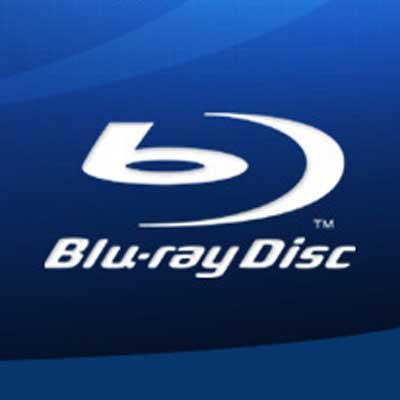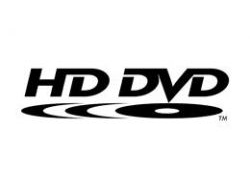High Definition DVD Format War – Over at last!
After more than a year of battling it out for the hearts and minds of the DVD loving public (at least, in the US, where the HD format is going gangbusters), word came down from Toshiba that they were pulling the pin on the HD-DVD format, and essentially handing victory in the next gen DVD war to Sony’s Blu-Ray format.
Which is good news for consumers. With Toshiba’s capitulation on the subject, Universal Pictures decided it too would convert across to Blu-ray disc for its releases. The only major Hollywood studio that has not yet announced the switch to Blu-Ray is Paramount, although industry insiders claim that it wont be much longer until they do.
The main reason behind HD-DVD’s demise was the decision by Warner Bros Pictures, which owns the largest film library in the world, to go Blu-Ray exclusive, rather than support both formats, and this decision effectively killed the HD-DVD format stone dead. I remember when early adopters hypothesized that the porn industry would be the deciding factor, but it would appear that that theory has been blown out of the water.
For consumers, the choice is now easier. Rather than sit on the sidelines waiting for one format or the other to prevail, they can now jump into the HD format with the knowledge that Blu-Ray is going to be around for the forseeable future. Similar to the VHS-Beta war of video years ago, once a format is declared a winner, that then becomes the default for the industry. Sure, some might be a little slow toeing the line, but eventually eveyone is on the same boat.
Unfortunately for Beta format video, it was a higher quality than VHS (which would have given everybody better picture and sound ect) but the VHS format was cheaper, so of course everybody supported that instead. What has happened in this new format war is the better format has come out on top. Blu-Ray is, to my mind, the better choice for High Definition DVD. Blu-Ray has a higher capacity disc, so the benefit should immediately be obvious. Higher capacity means less compression of the image (better resolution) and master quality audio (lossless audio, rather than compressed audio), which means that finally, consumers can have mixing studio quality sound and picture in their own homes. HD-DVD has less capacity, but was generally considered to me more backwards compatible with original generation DVD. Blu-Ray, while being able to play current DVD, is less compatible with the format and there have been (and will continue to have) bugs in combining the two.
That said, what will be most interesting is how Microsoft, who decided to go HD-DVD exclusive, reacts. Microsoft hold a very big stick, and they are unlikely to want to support a format that is not compatible with their systems.
Nevertheless, with the dawn of the next generation DVD format now firmly entrenched in the US and European market, it will only be a matter of time before it really takes off here.
Common sense has prevailed, and we can now all move onto the next thing.


